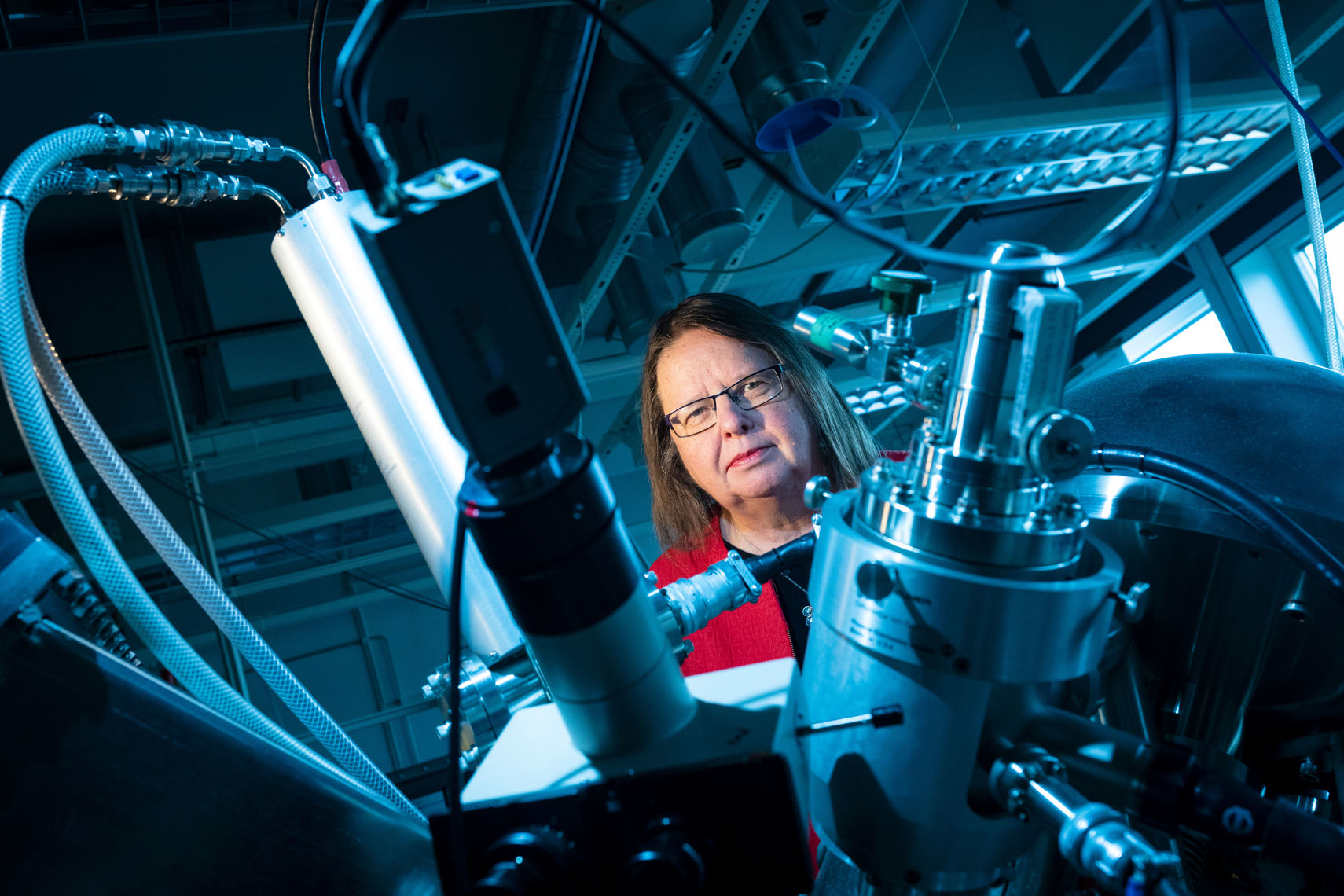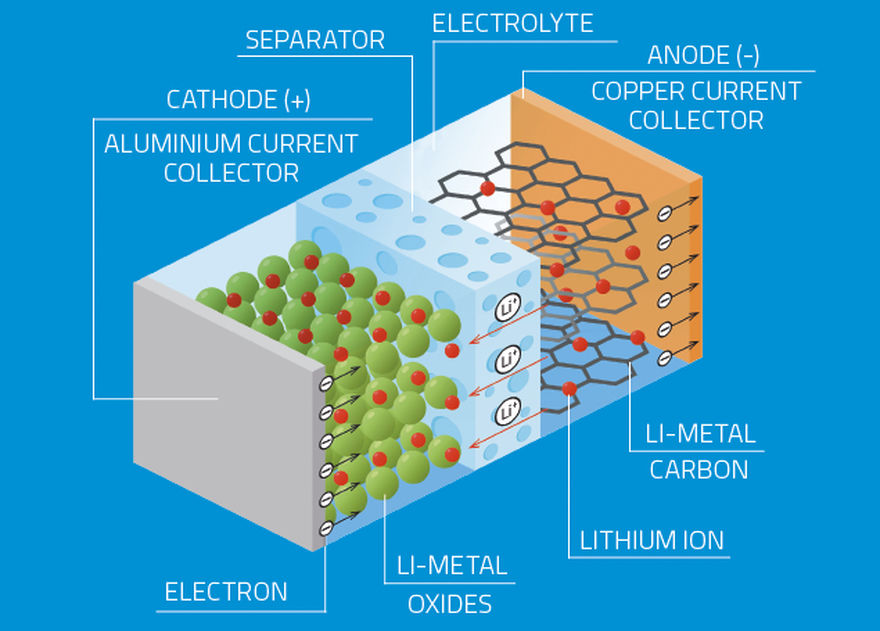
Batteries are an important part of our everyday lives, and will now also be a key focus area for seven European nations, including Sweden, following an announcement by the European Commission of the approval of a €3.2 billion R&D partnership for battery research. The partnership will focus on industry initiatives and is funded by the seven countries.
The Concept of "better batteries is a major priority for the European economy and the European Union's (EU) ambition to be climate neutral by 2050. An important figure in this swiftly moving push toward a fossil-fuel-free future is Kristina Edström, Professor of Inorganic Chemistry at Uppsala University in Sweden, who also serves as coordinator for BATTERY 2030+, a pan-European research initiative making waves in the build-up to the Horizon Europe, the EU’s new €100 billion framework programme. The BATTERY 2030+ Roadmap has identified the critical early-stage contributions that will be made by Europe’s large-scale neutron and photon facilities.
"As a society, we are using batteries more and more, and the demands are always increasing," says Kristina Edström. "We want our phones to last longer, our laptops to charge quicker, and our electric cars to go further. The only way to meet these demands is to develop new, more efficient, and more powerful batteries, and this can only be achieved through carrying out the right research.
“My group is trying to achieve better batteries,” Kristina shares, “We want to understand the processes within battery cells to really gain deeper knowledge about the complex relationships between the negative and positive electrodes, and how the electrolytes affect the performance of the battery. Neutron research can help us with this.”
Although it’s easy to take batteries for granted, the science involved is extremely complex. Researchers need to look into how to synthesise new cathodes and anodes, and then see if they’re compatible with each other. They also need to look into complex metal oxides which are almost identical in atomic structure. Then there’s the need to work on extremely small atoms.
“My group is studying lithium, which is in great demand in batteries today,” continues Kristina. “It’s a very small atom, which makes it difficult to study with other techniques. Neutrons, however, are a brilliant way to study it. You can locate it in an atomic structure in a way that you cannot with other methods. Then you also have some batteries that become magnetic, where you also need neutrons to investigate effectively.”
To develop batteries which perform better, it’s not possible to rely on just one kind of research. That’s why Batteries 2030+ has applied to a number of different research facilities in Europe, explains Kristina. "We’ve had meetings with MAX IV in Lund, ILL in France and the reactor, FRMII, in Munich,” she adds.
“ESS will be is really interesting for battery research, as to do it well you need to use a portfolio of techniques. ESS will provide an entire portfolio at one location, with the various instruments that will be available. If you study one problem, you apply for time at one instrument, then you study new phenomena at a new beam line, and then together your results can paint a coherent picture." she explains.
The neutron research into batteries can be carried out at other facilities, but ESS will offer unique opportunities due to the fact that it will be home to the brightest beam in the world.
“At ESS, you will be able to get results from more realistic sample sizes,” Kristina confirms. “In other facilities you need large samples to effectively study them. Here, you will be able to get valuable, tangible data from a smaller sample. You’ll also be able to more accurately follow what’s happening mechanically when things are moving within the material, as the charge moves back and forth. The possibilities are exciting!”
Lithium ion batteries are the most important at the moment, so there will be studies into how to make them perform better. However, there are newer types of battery which use chemicals more abundantly available, like sodium. The scientific community will also need to find out more about these, and how to strike the right balance between what we’re using and where.
“Sodium is not as powerful as lithium,” adds Kristina. “But it’s much easier to obtain. Sodium is everywhere, and it’s become cheaper. The idea would be that these batteries can take certain segments of the market, and we save the more powerful lithium ion batteries for things like electric cars, which will be crucial to limiting our environmental impact in the future.”
ESS is arriving at the right time too, as neutron research is becoming more widespread in the battery community. There are only a limited amount of neutron scattering facilities around the world, so it’s likely that ESS will be in great demand from those looking to develop exciting new ways to power our lives.
“My dream battery is one that you could cycle for up to thirty years, that’s sustainable, powerful, safe and doesn’t cost much,” says Kristina. “But that’s impossible! Research is helping us develop better batteries though, which is so important. If we can, for example, bridge the gap between batteries and gasoline in terms of powering cars, that will be a huge benefit to society. I just hope that I’m still working when ESS is open, I have so many ideas for proposals!”
*This article is repurposed from an interview conducted with Kristina Edström in connection with the 2018 ESS Activity report.


























